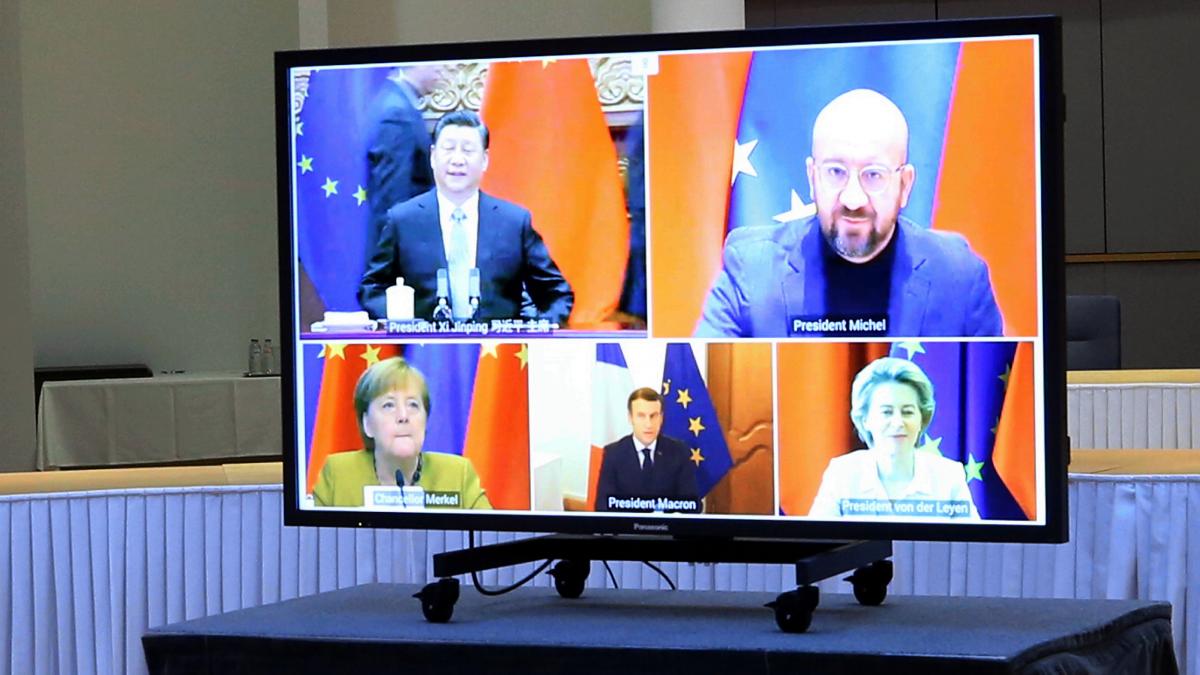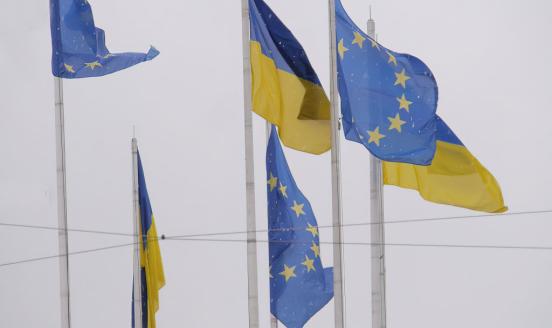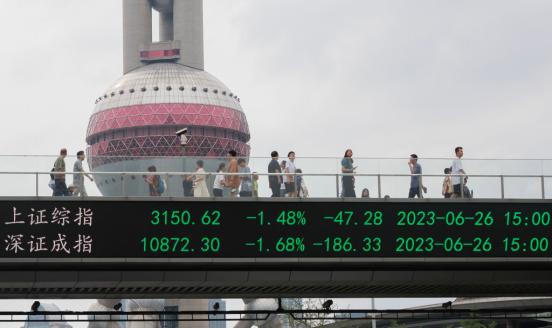Is the European Union’s investment agreement with China underrated?
The European Union-China Comprehensive Agreement on Investment binds Chinese liberalisation of its foreign investment regulations under an internation

The authors are grateful to Bruegel colleagues and to Petros Mavroidis for helpful comments, and to Mia Hoffmann for superb research assistance.
The European Union is very open to foreign direct investment. By comparison, despite considerable liberalisation in the past two decades, foreign investors in China’s markets still face significant restrictions, especially in services sectors. Given this imbalance, the EU has long sought to improve the situation for its companies operating or wanting to operate in China.
After eight years of negotiations, the EU and China concluded in December 2020 a bilateral Comprehensive Agreement on Investment (CAI). The text awaiting ratification aims to give foreign investors greater market access, enforceable via state-to-state dispute settlement. It does not yet, however, cover investor protection (such as against expropriation). Meanwhile, investor protection is covered by bilateral investment treaties between EU countries and China, which remain in force.
The CAI has been met in some quarters with scepticism on economic and geopolitical grounds. The main criticism is that it provides little new market access in China, and that this small economic gain for the EU comes at the price of breaking ranks with its main political ally, the United States. Our assessment, which focuses on the economic implications, is different. It is true the CAI provides only modest new market access in China, but this is because China has already made progress in recent years in liberalising its foreign investment regulations unilaterally. The CAI binds this progress under an international treaty, marking an improvement for EU firms insofar as their market access rights can be effectively enforced.
Most important, the CAI includes new rules on subsidies, state-owned enterprises, technology transfer and transparency, which will improve effective market access for EU firms operating in China. These bilateral new rules could also pave the way for reform of the multilateral rules under the World Trade Organisation, with the aim of better integrating China into the international trading and investment system – a goal shared by the EU, the United States and other like-minded countries.
From an economic viewpoint therefore, the CAI is an important agreement, and one worth having. However, its ratification by the European Parliament is unlikely while China continues to apply sanctions against some members of the European Parliament and other critics of China’s human rights record.
Recommended citation
Dadush, U. and A. Sapir (2021) 'Is the European Union’s investment agreement with China underrated?' Policy Contribution 09/2021, Bruegel



